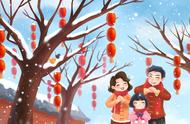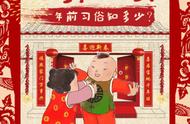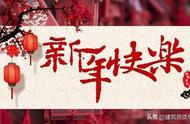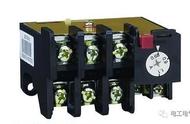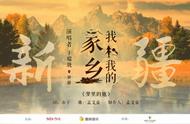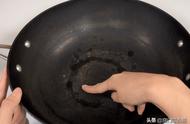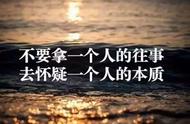[Photo/CGTN]
Embracing the first day of the New Year, people visit friends and relatives' homes and make New Year's greetings to each other. They use auspicious words to pray for good luck in the New Year.
Gong Xi Fa Cai (congrats for being more prosperous and better off), Wan Shi Ru Yi (everything goes as you wish), Shen Ti Jian Kang (being fit and healthy) are among the most frequently used greeting terms.
大年初一,走亲访友拜年。经常说的吉利话有:恭喜发财、万事如意、身体健康。

[Photo/CGTN]
As married daughters traditionally spend the Spring Festival Eve with their husbands' families, on this day it's time to return to their original home and visit their families.
Today, this custom is weakened, since more people spend the eve of Chinese New Year in many different ways – not necessarily in their husbands' homes.
正月初二,嫁出门的闺女带着女婿一起走娘家。
[Photo/CGTN]
This day is called "Zheng Yue Shi Wu," or the Lantern Festival. Except for another warm family reunion, every household also hangs lanterns in front of the gate or on the balcony. It's also common to use colored lights to decorate the windows.
In some specially-held local lantern fair, there are riddles written on paper hanging under the lanterns. People can entertain themselves by guessing the answer of the riddles. A typical food on that day for northerners is Yuan Xiao, a ball-shaped dessert made with glutinous rice. Southerners eat Tang Yuan, a similar meal made by different techniques.
正月十五元宵节,挂灯笼,猜灯谜。北方人吃元宵,南方人吃汤圆。
(英文来源:CGTN 编译:丹妮)
来源: CGTN

